In the ever-evolving world of technology, the USB adapter has become an indispensable tool for connecting various devices and ensuring compatibility across different platforms. USB, which stands for Universal Serial Bus, was designed to standardize the connection of peripherals to computers, both to communicate and to supply electric power. Sin embargo, as technology has advanced, so too has the need for adapters that can bridge the gap between different types of USB connectors and other interfaces.
Types of USB Adapters
USB adapters come in a variety of forms, each designed to serve a specific purpose. Some of the most common types include:
1. USB to Serial Adapters: These adapters allow devices with serial ports to connect to a computer via a USB port. They are particularly useful for connecting older hardware, such as modems or industrial equipment, to modern computers that may not have serial ports.
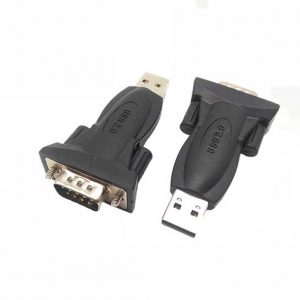
2. USB to Ethernet Adapters: For devices that lack an Ethernet port, such as some ultrabooks or tablets, a USB to Ethernet adapter can provide a wired network connection, offering faster and more reliable internet access than Wi-Fi.
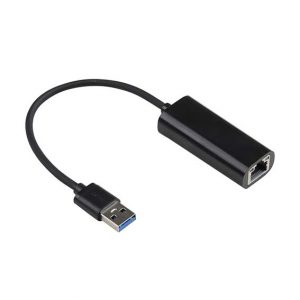
3. USB to HDMI Adapters: These adapters enable users to connect their computers or mobile devices to an HDMI-equipped display, such as a monitor or television, for high-definition video and audio output.
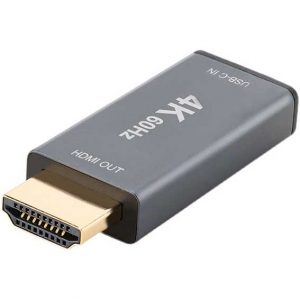
4. USB-C to USB-A Adapters: With the increasing prevalence of USB-C ports, which are smaller and reversible, adapters that convert USB-C to the older USB-A standard are essential for connecting new devices to older peripherals.
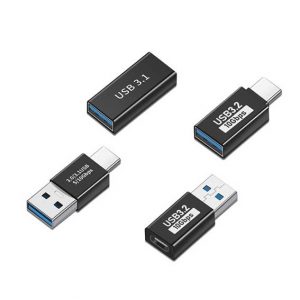
5. USB to Lightning Adapters: Specifically designed for Apple devices, these adapters allow for the connection of USB accessories to devices with a Lightning port, such as iPhones and iPads.
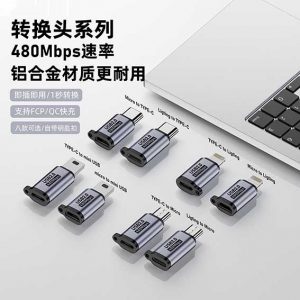
The Importance of USB Adapters
USB adapters play a crucial role in ensuring that devices remain functional and compatible as technology progresses. They provide a cost-effective solution for extending the life of older equipment and enabling the use of new technologies without the need for complete system overhauls.
Además, USB adapters contribute to the portability and convenience of modern computing. They allow users to connect a wide range of devices to their computers or mobile devices, regardless of the available ports, making it easier to work, play, and communicate on the go.
Conclusion
In conclusion, USB adapters are a testament to the adaptability and resilience of technology. They serve as a bridge between the old and the new, ensuring that no device is left behind as we march forward into the future. Whether for personal or professional use, USB adapters are a small but mighty component of our digital lives, enabling us to stay connected in a world that is constantly changing.
 English
English العربية
العربية Български
Български Čeština
Čeština Dansk
Dansk Nederlands
Nederlands Suomi
Suomi Français
Français Deutsch
Deutsch Magyar
Magyar Italiano
Italiano 日本語
日本語 한국어
한국어 Português
Português Română
Română Русский
Русский Slovenščina
Slovenščina Español
Español Svenska
Svenska Tiếng Việt
Tiếng Việt
